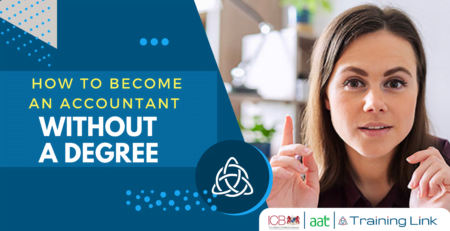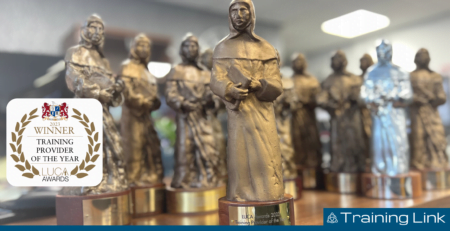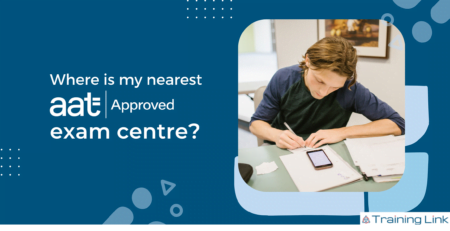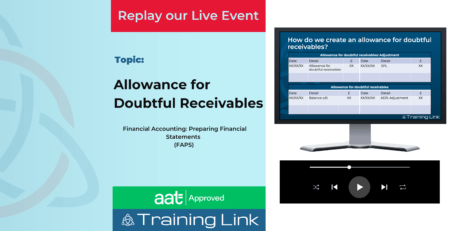Making the Jump: How to Transition into Bookkeeping or Accounting from a Non-Finance Background
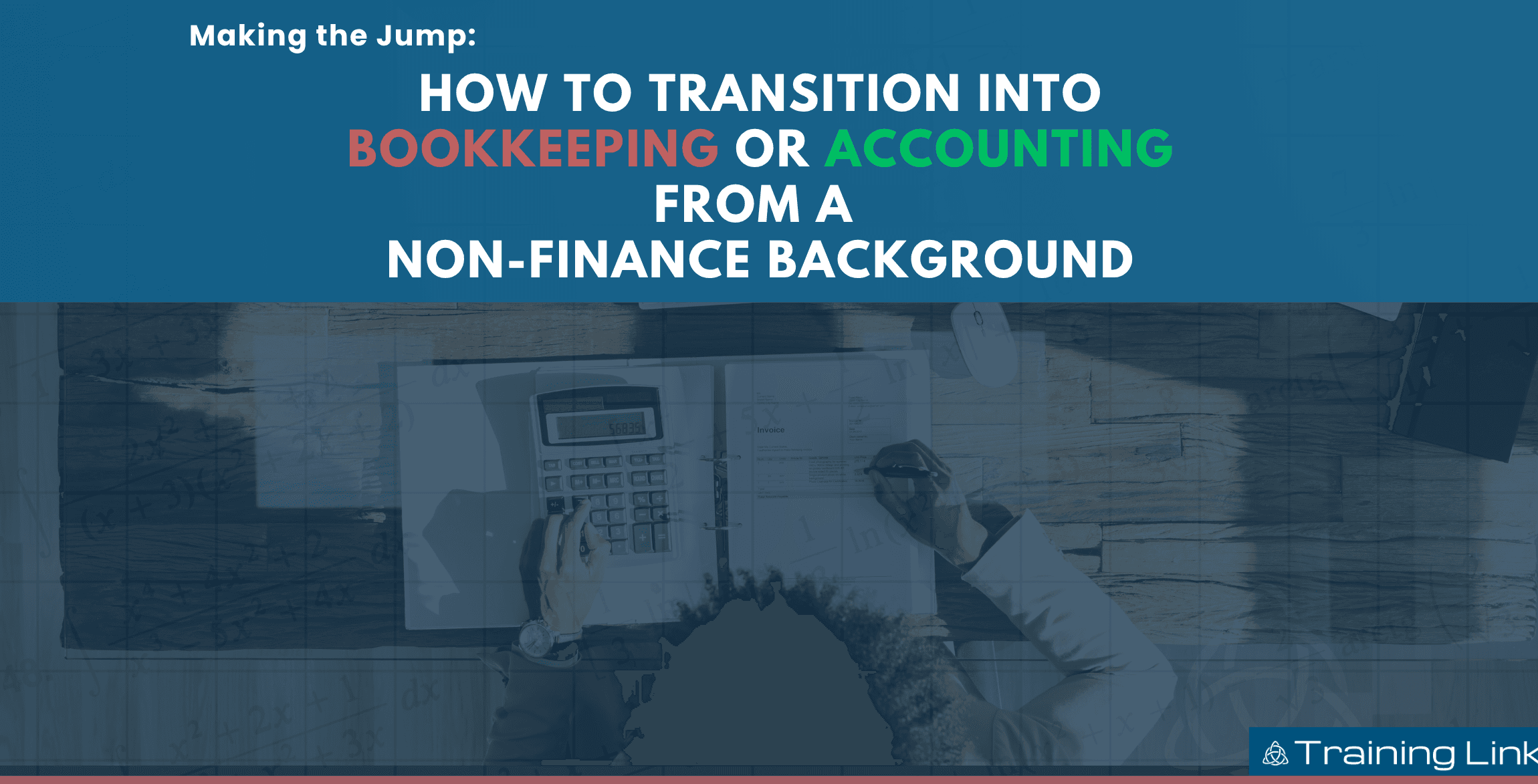
Changing careers can feel daunting, especially when you’re stepping into something as structured and precise as bookkeeping or accounting.
But the truth is, you don’t need a finance background to succeed, you just need the right training, mindset, and support.
Why Adult Learners Excel in Finance Roles
Adult learners often have advantages younger students may not. Experience in managing work, family or personal projects gives you practical skills that transfer well to finance. Organisation, attention to detail and problem-solving are already part of your toolkit.
For example, learning payroll processes can feel easier if you have experience managing budgets or schedules. Bookkeeping tasks become less daunting when you understand the flow of money from real-life experience.

Transferable Skills You Already Have
You might be surprised by how much of what you already do translates perfectly into accounting.
- Organisation and attention to detail – essential for managing ledgers and reconciling accounts.
- Problem-solving – financial records often need detective work to get them right.
- Communication – explaining figures to clients and colleagues is a key part of the job.
- Tech confidence – with most accounting now done using software, computer literacy is invaluable.
Common Fears (and How to Overcome Them)
“I’ve never done double-entry bookkeeping.”
That’s normal, and that’s why structured courses exist. Our AAT Level 2 and ICB Level 2 courses introduce you step-by-step, building understanding before applying it in practice.
“I’m older than most students.”
Many of our students are career changers in their 30s, 40s, and beyond. Experience and maturity are strengths. Employers trust professionals who bring reliability and people skills.
“What if I’m not good at maths?”
You don’t need advanced maths; just confidence with numbers. Training Link’s materials break everything into clear, manageable stages, supported by real tutors who help when things get tricky.
Career Progression and Growth Opportunities
Starting a career in bookkeeping or accounting opens up a wealth of progression opportunities across industries.
Entry-level roles such as junior bookkeeper or accounts assistant provide foundational experience in managing financial records, invoices, and reconciliations. As experience and qualifications grow, so do prospects. Professionals often advance to senior bookkeeper, accounting supervisor, or specialist financial roles. With continued training and practical exposure, the path can lead to management positions like finance manager, accounting manager, or even chief financial officer roles.
Many seasoned bookkeepers use their expertise as a launchpad to explore broader finance careers such as auditing, tax advising, or financial analysis. Flexibility and demand in these roles are high, offering increasing job stability and income potential.
Importantly, developing soft skills like communication and leadership alongside technical abilities is key to unlocking higher-level responsibilities and career longevity.
Overcoming Common Challenges in Career Transition
Changing careers into finance can seem intimidating, but many people successfully do so by leveraging their existing life and work skills.
Common concerns include fears around math proficiency, unfamiliar technical jargon, or age-related doubts. However, bookkeeping and accounting are more focused on accuracy, organisation, and problem-solving than advanced maths. Building confidence through structured learning and practical exercises helps demystify complex concepts. Age and previous experience become strengths rather than limitations, as maturity often brings reliability, discipline, and emotional intelligence valued by employers.
Another challenge is balancing study with existing commitments like family or full-time work, which is manageable through flexible learning schedules and time management strategies. Finally, networking within finance communities and seeking mentors can provide support and career guidance, making the transition smoother and enhancing motivation.
Choosing the Right Path
If you want to become a qualified bookkeeper, the ICB route is ideal. If your goal is a career in accounting or finance, the AAT qualification provides wider recognition and progression to Level 4 and beyond.
Training Link’s Blended Live package offers a mix of interactive video lessons, live tutor access, physical and digital workbooks, mock exams, and question banks. Everything you need to learn effectively from home.
Your next step?
Changing direction doesn’t mean starting over. With the right guidance, you can build a new career faster than you think.
Start today and find out more about our courses at today!
Questions? We’ve Got Answers
1. Do I need previous experience to start an AAT or ICB course?
No! Both AAT and ICB qualifications are designed for beginners. You’ll start with the fundamentals, so no prior finance experience is required.
2. What’s the best course for a complete beginner?
If you want to become a bookkeeper, the ICB Level 2 Certificate in Bookkeeping is ideal. If you’re aiming for a career in accounting or finance, start with AAT Level 2 Certificate in Accounting.
3. How long does it take to qualify?
Most students complete a level in 6–12 months, depending on study pace and available time. Training Link courses are flexible, so you can study at your own speed.
4. Can I study while working full-time?
Absolutely. Training Link’s distance learning model is built for busy adults. You can access materials anytime and get tutor support when you need it.
5. What support do I get as a Training Link student?
You’ll have access to expert tutors, interactive videos, mock exams, question banks, and both digital and physical workbooks — everything needed to succeed.

